Mandolinist Tristan Scroggins brings a fresh perspective to bluegrass while holding a deep respect for its traditions. The son of banjo virtuoso Jeff Scroggins, he picked up the mandolin at age eight after finding the banjo too unwieldy for his small hands. His work with Jeff Scroggins and Colorado put him on the map, leading to international tours and an IBMA Momentum Award in 2017. Since then, he's shared stages with bluegrass luminaries at the Grand Ole Opry and Ryman Auditorium, performing alongside Molly Tuttle and Dailey & Vincent.
Through his writing for No Depression and Peghead Nation and performances with violinist Alisa Rose (with whom he has a new album, Speranza), Scroggins explores bluegrass culture while redefining its boundaries. His 2019 album Fancy Boy captures this spirit, reworking traditional tunes through his distinctive cross-picking style. Through his blog, The Why Lonesome Sound, he examines how bluegrass draws together audiences from small rural festivals to international stages, exploring the music's evolving identity and community.
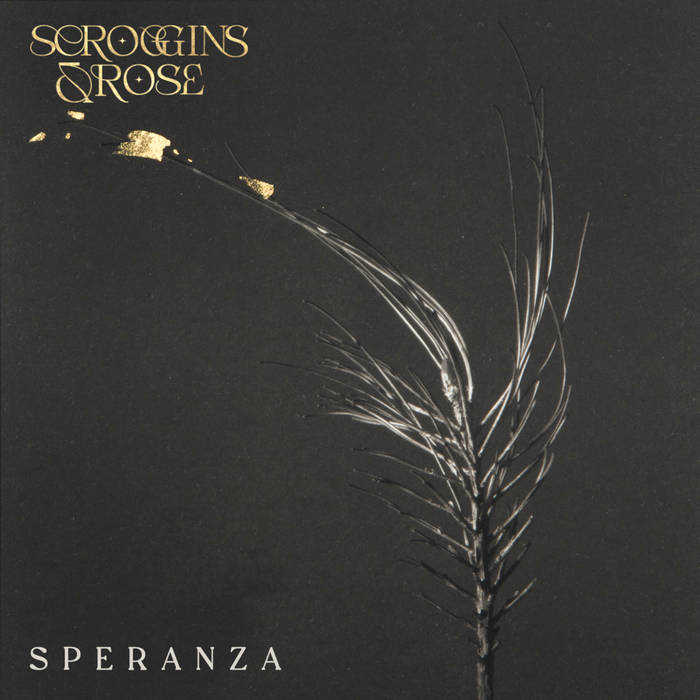
Lawrence Peryer: You want someone to understand you. What song or album do you give them, and what insight into you will they gain?
Tristan Scroggins: The New Grass Revival released a self-titled album in 1986 that I have discovered to be extremely polarizing. This was their first "mainstream" album (released on EMI/Capitol), and while it was their first time on the country charts, it was the country chart of 1986. They were between a rock and a hard place with bluegrass and country fans. A lot of bluegrass fans didn't like them already because of their older psychedelic rock/jam band influences, but even the ones who were fans didn't seem to like this new polished sound. And while country music has often felt tied to the banjo, this couldn't have been further from the case in the '80s. Country had made a concerted effort to appear modern and relevant and eschewing the hayseed nostalgic image of the banjo was a big part of that. (There's a huge sociopolitical/economic thing tied to this as well, but there simply isn't time for it.) So, country music fans were also not big fans of what they heard from the New Grass Revival.
But this is my favorite album. It is the album that made me want to play bluegrass. I heard it on accident when my earbud fell out during a long car ride, and when I woke up, instead of hearing Green Day, I heard my future. At that point, I was already playing mandolin, but more or less as a social activity. I made my dad listen to this album for nearly 14 hours before he said we had to stop at Best Buy and buy another album.
I still can't exactly explain why I love this album so much. It is very cheesy, but I'm partial to cheesy music. Years later, when I became a theater kid, I realized that the strange theatrical elements of the music were also a big draw. But the playing is incredible, the arrangements are fun and exciting, and it feels great to listen to. I would spend hours honing in on one player and listening to what they were doing the whole song. Not just their solo, but while the singer would sing, someone else would play, everything—I wanted to know exactly what they were doing, and I was always delighted.
Lawrence: What skill do you wish you possessed, and how would you apply that skill?
Tristan: I think that the ability to learn languages is a skill. I've picked up a little bit of different languages as I've traveled, but nothing has ever stuck. Language shapes every aspect of how we experience the world, so I feel like there are huge parts of life that I don't get to see because I only understand English. There are so many books and plays I'd love to read in their original languages. And, of course, I'd enjoy talking to people from different places with different lives and perspectives. I've tried learning but don't seem to have the skill in the same way other people I know do.
Lawrence: What instrument do you wish you could play, and what is behind that aspiration?
Tristan: I would love to play concertina because I like the music. I think the instrument is cute, and I think I would look cute playing it.
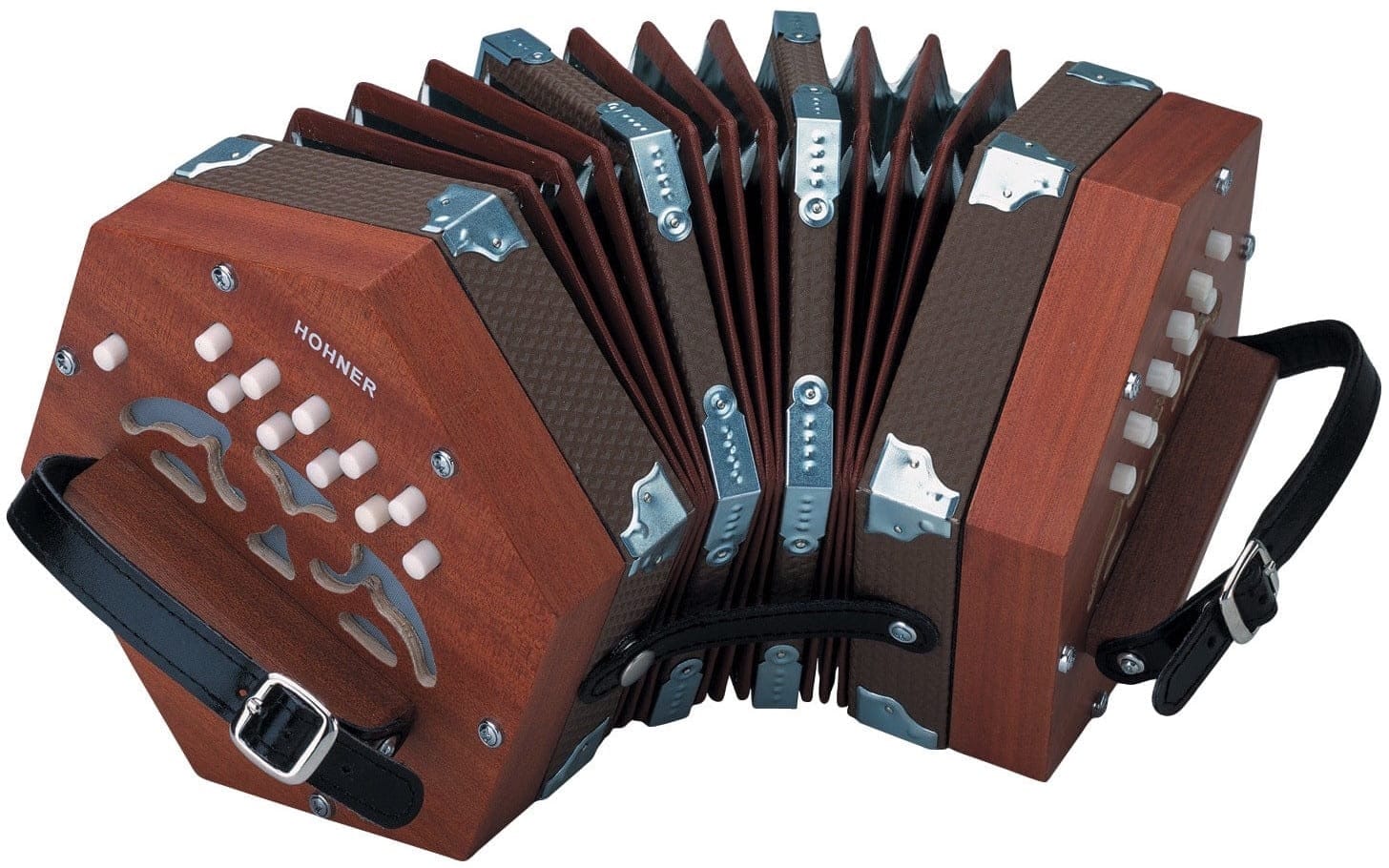
Lawrence: What is your theme song, and what does it express about you?
Tristan: During a major depressive episode in 2014, I was binging all of Ally McBeal and in season one, episode seventeen, her therapist asks her what she thinks her theme song is, and she starts to sing the theme song for the show. The therapist stops her and says it's a terrible song and that she needs something to pep her up. Great joke. As I slowly disintegrated into my mattress, this made me think that I, too, should have a theme song.
As mentioned, the New Grass Revival was originally and continues to be my favorite band, so I picked their cut of "Do What You Gotta Do." They recorded it for their album Friday Night in America but I heard it on a greatest hits compilation. It had been covered by Garth Brooks' strange alter ego, Chris Gaines. The song is very peppy and hopeful. Having been through a lot in my life already, I was seemingly going to keep waking up the next day, so with this song in my head I could at least take it as a challenge to try my best.
Lawrence: What was your first paycheck related to your creative work?
Tristan: I'm having trouble remembering the first time I made money for something creative. It would sound contrived to say, "I didn't get into music for money," especially considering how much time I spend practicing music versus advertising it. But it does strike me that the first memories of my excitement with performing were from the validation I got. My dad played music professionally when I was a kid and often brought me to shows. One time, with no one in particular to watch me, he had me sit in a chair just to the side of the stage and told me not to wander off. I must have been 6 or 7 years old. I had been given a guitar-shaped flyswatter earlier that day and, at some point, drifted onto stage pretending to play this flyswatter and singing what I thought the words to the songs were. The crowd thought it was adorable and loved it. Three people asked me to sign their CDs after the show. I was addicted to that attention. From then on, I tried to do this every time my dad performed, assuming that I was now a full member of the band, and I was devastated when they explained that, in fact, I could not do this every night.
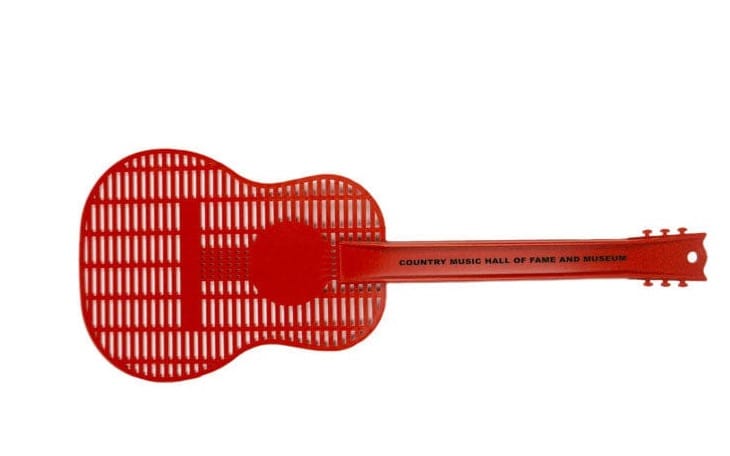
Lawrence: When you were 15, your favorite artist, song, or album was:
Tristan: When I was 15, I listened to Bela Fleck for hours every single day. I bought an iPod shuffle from a shady eBay account and a bunch of random music labeled "bluegrass" from various torrent sites. So it wasn't just Bela Fleck but I remember realizing at some point that I couldn't remember a day that had gone by when I wasn't listening to his music.
Lawrence: Who is the biggest influence on your musical life?
Tristan: My dad, for sure. I played in a band with him for ten years and heard him practice almost every single day for the 15 years before that. While there's tons of stuff he taught me directly, there's so much that is so much a part of my musical DNA that I often don't realize that it was him until I talk to other people and realize that the way we feel something or hear something or conceptualize something is different and that it came from him.
Check out more like this:
 The TonearmLawrence Peryer
The TonearmLawrence Peryer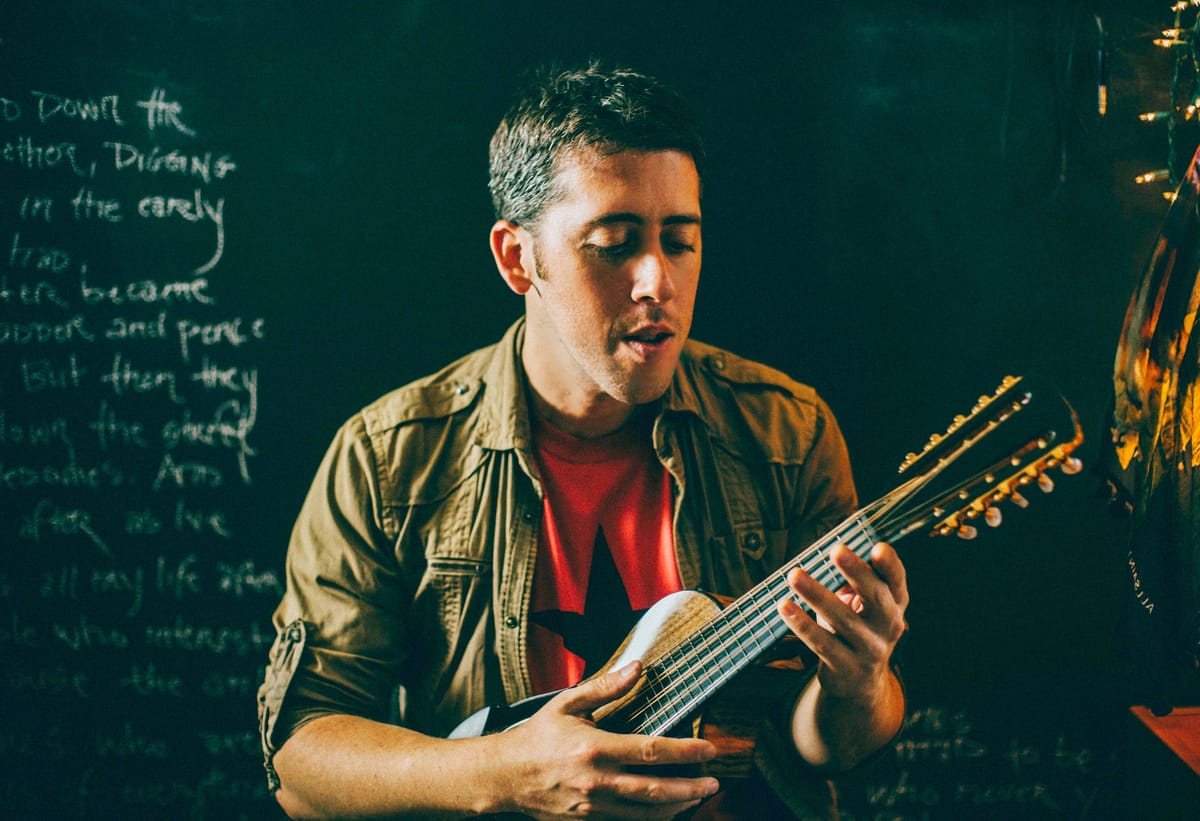
 The TonearmLawrence Peryer
The TonearmLawrence Peryer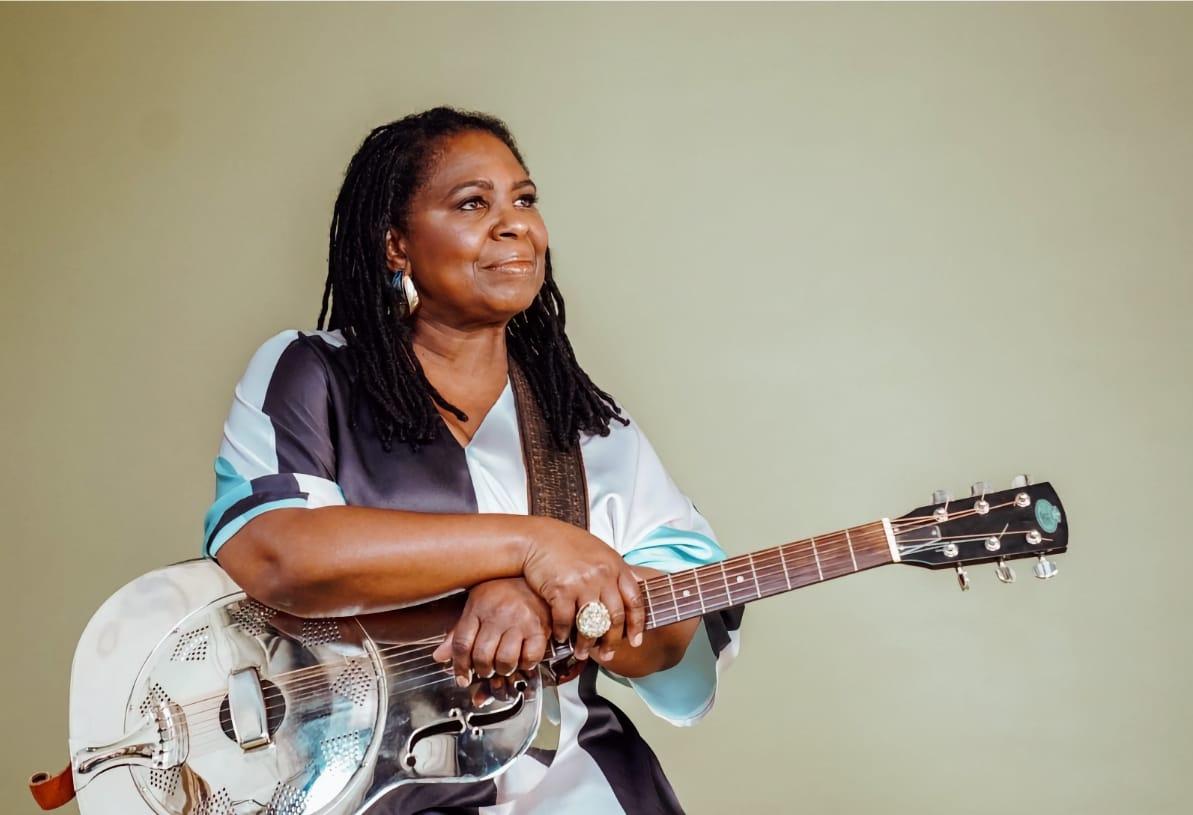


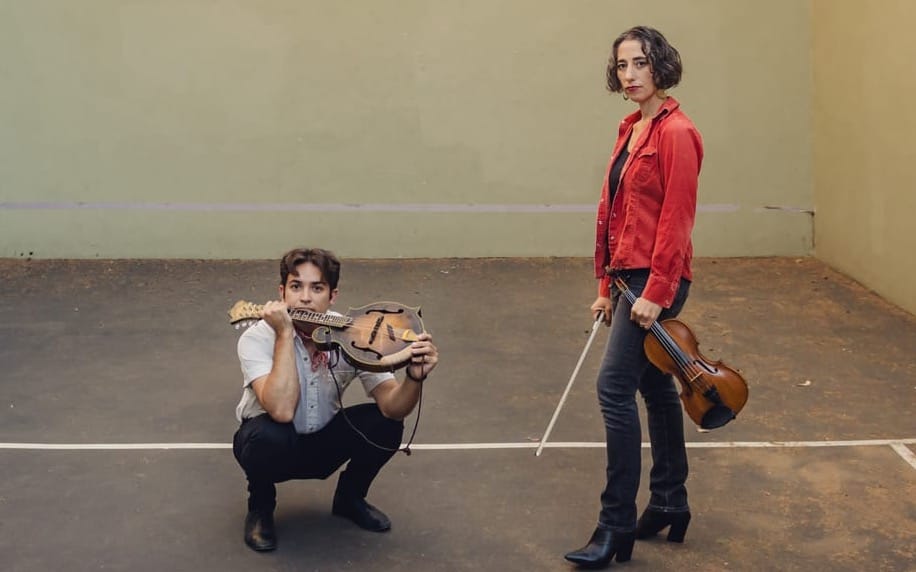




Comments